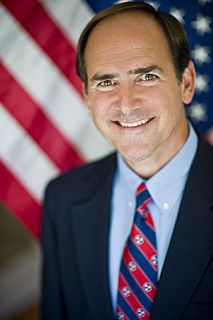A Quote by Judy Davis
This might be the first generation where kids are dying at a younger age than their parents and it's related primarily to the obesity problem.
Quote Topics
Related Quotes
I think burnout is a big thing. If I could do it over again, I'd probably do it the same way, playing other sports when I'm younger. I see a lot of parents really push their younger kids really hard, and you want to see your kids do stuff, but there's a point where they really should have fun at that age.
[A] new generation, innocent of the divisions of the Cold War, this coming-of-age. ... If its members do not feel the urgency to escape the nuclear danger that some of its parents felt, neither has it developed the deep attachment to nuclear arms also often found among their parents, including most of the governing class. ... The call for abolition should therefore be, among other things, a call from an older generation to younger one.
Men, age 25 to 55, the labor-force participation rate is down 10%. That's unbelievable. There are 35,000 dying of opioids every year. Seventy percent of kids age 17 to 24 can't get into the US military because of health or education. Obesity, diabetes, reading and writing. Is that the society we wanted? No. We should be working on these things, acknowledge the flaws we have, and come up with solutions. Not Democrat. Not Republican. Not knee-jerk.
In the 10 cities with the nation's highest obesity rates, the direct costs connected with obesity and obesity-related diseases are roughly $50 million per 100,000 residents. And if these 10 cities just cut their obesity rates down to the national average, all added up they combine to save nearly $500 million in healthcare costs each year.
Today's children are living a childhood of firsts. They are the first daycare generation; the first truly multicultural generation; the first generation to grow up in the electronic bubble, the environment defined by computers and new forms of television; the first post-sexual revolution generation; the first generation for which nature is more abstraction than reality; the first generation to grow up in new kinds of dispersed, deconcentrated cities, not quite urban, rural, or suburban.
There’s a belief now that the problem with our schools is parents, that if we just had better parents we would have better performing kids and, therefore, we wouldn’t have a problem at all. But what’s missing in that equation is that you do have a lot of parents in this country who are very involved in their children’s education and who do want something better. They want to see better for their kids. They know that they’re in schools that aren’t performing particularly well and if you look at how we treat those parents, it is quite poorly.


































